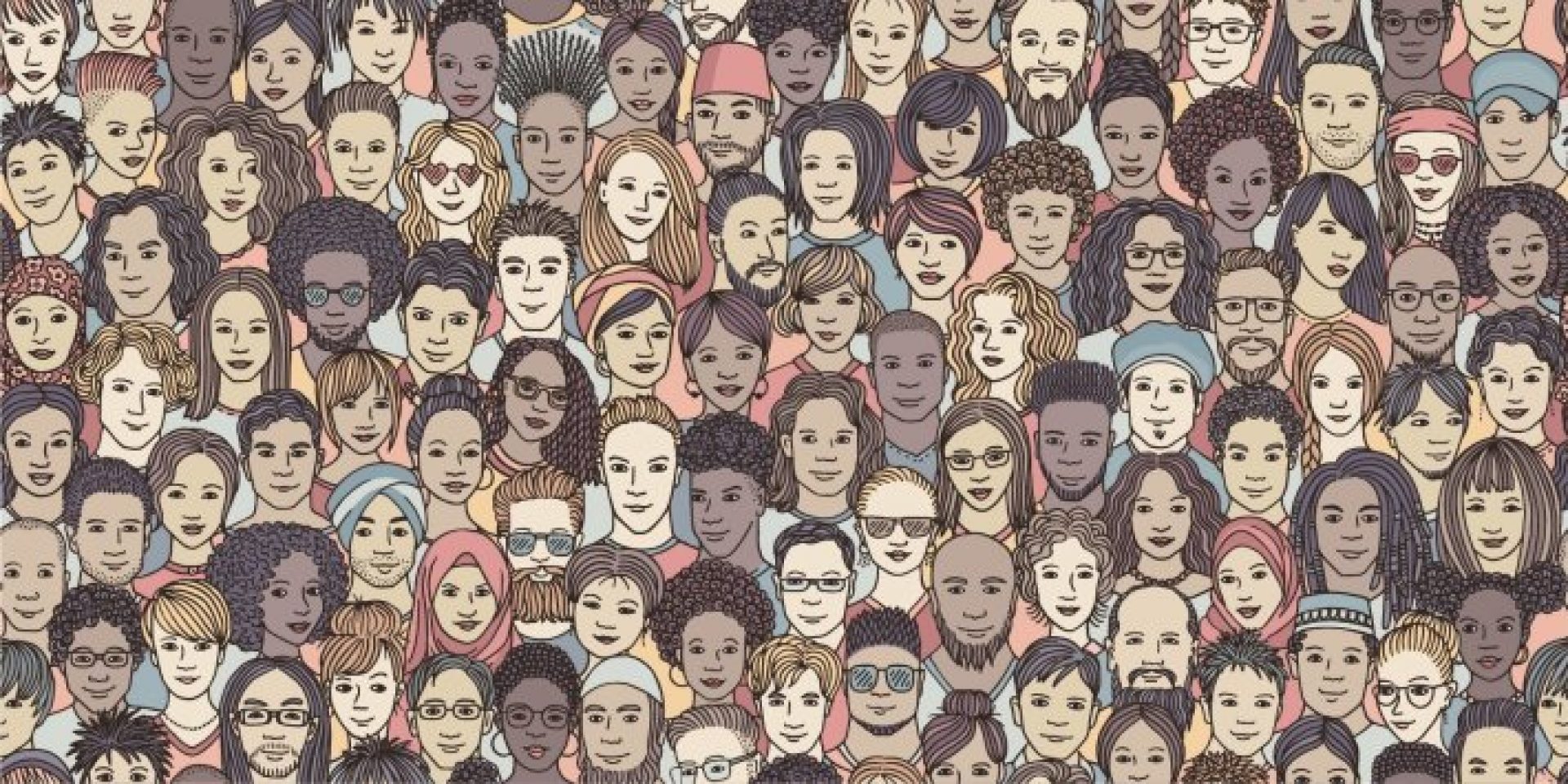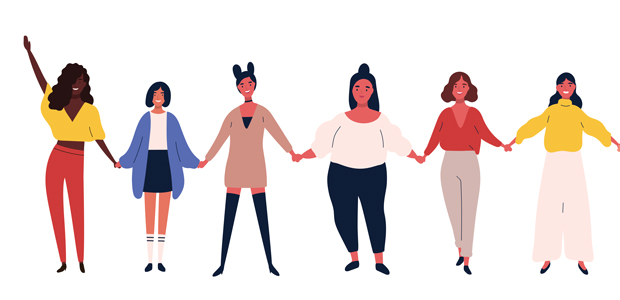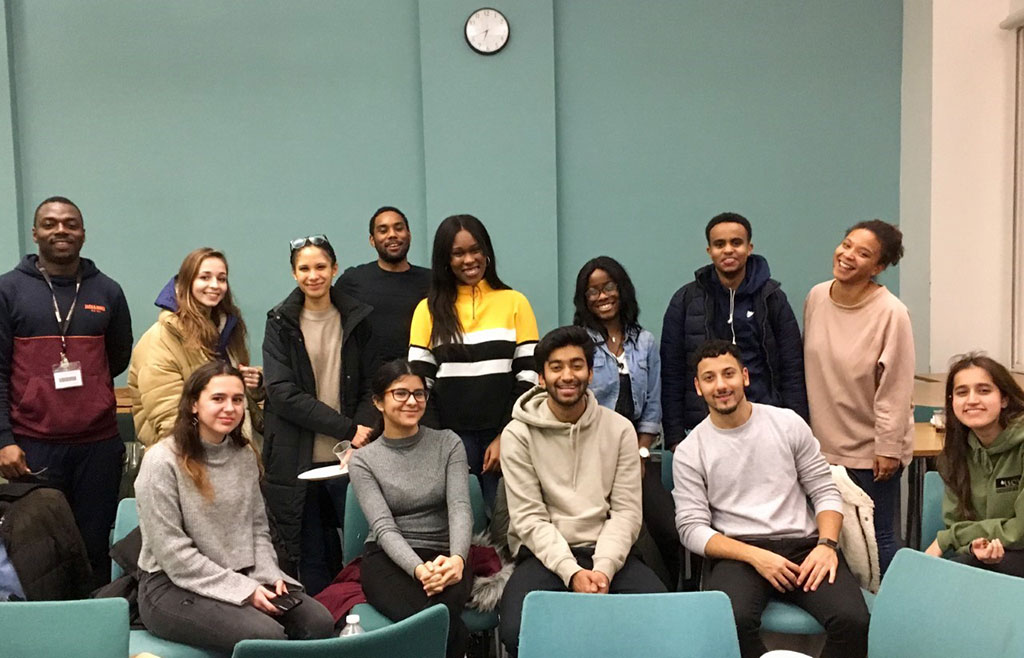We have received feedback for some time that the voice of the young people we work with has been missing from national conversations about identity, race, and belonging. Earlier this year, we therefore set out to understand what young adults aged 18-30 think about the language used to describe their ethnic heritage. How do cultural and racial descriptors make them feel?
We initially embarked on a national survey of five hundred 18-30-year-olds of diverse heritage combined with smaller focus groups and workshops to better understand their views on terminology. This quickly gave us a clear picture of what it feels like to be from an ethnically diverse background today.
It’s time to discard acronyms
The results of our research were illuminating. The majority of young people surveyed do not want to be referred to as BAME (Black, Asian and minority ethnic), among other commonly used terms to describe their ethnic background. In fact, many of those surveyed revealed that they are uncomfortable with the acronym, with less than half knowing what it meant, and 3 in 10 not recognising it at all.
Our research found that 70% of participants thought it ‘very’ or ‘somewhat’ important to be able to describe themselves as British, with 84% of people aged 16 and over in England saying they felt strongly about this. However, 56% think attitudes towards their heritage mean they’re not always treated as belonging. These findings are significant for our society; young people want to be considered British yet are made to feel ‘other’ because of their ethnicity. And in the wake of the 2020 Black Lives Matter protests and the Euro 2021 final’s, we can all understand how they arrive at this conclusion.
A language that unites
98% of the young people surveyed believe shared language unifies people of diverse heritage. However, there is no shared terminology that truly represents everyone or is widely accepted. In fact, the use of acronyms like BME and BAME are seen as reductive and inaccurate, they were voted the least popular descriptors in our survey.
Participants were most comfortable with the ethnic descriptors outlined by the home office in the 2021 census. 88% agreed they were at least somewhat comfortable selecting their ethnicity from this list. We therefore suggest that organisations look to these descriptors when asking individuals to self-identify.





